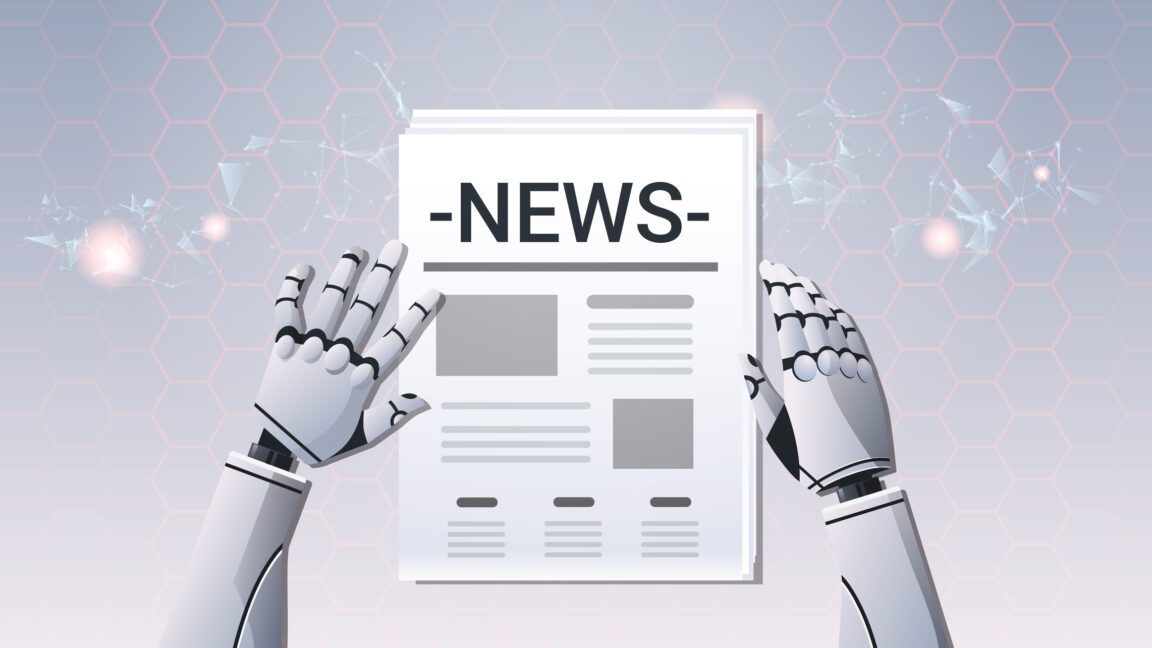Tariffs will hammer hardware, create consumer chaos, and could stifle the AI boom
After Trump announced sweeping tariffs, hardware-focused startups and consumer behavior are in the crosshairs.

This feels like a full economic eclipse.
The sun has vanished, and everyone’s feeling around in the dark asking the same question: What do tariffs mean for me? It’s not an ideal metaphor, because a total solar eclipse is a far more common — and limited — occurrence than the global “Liberation Day” confusion sown by Trump’s tariffs.
That’s not to say there isn’t historical precedent here, even if it’s alarming. In 1930, less than a year after Black Tuesday, President Herbert Hoover signed the Smoot-Hawley Act, which set tariffs on almost 2,000 imported goods. It’s a move widely described as worsening the Great Depression, and Fortune’s Shawn Tully thinks these tariffs could be worse.
It’s been a rough 24 hours. On Thursday, the S&P 500 saw its worst drop since June 2020, while the Nasdaq fell over 1,000 points, or roughly 6%, with Mag 7 stalwarts like Apple and Nvidia taking it on the chin.
Right about now is when I turn to VCs and ask how they’re affected by macroeconomic turmoil. Usually what I hear is something like: “We invest so long-term this doesn’t apply to us.” Not so this time. In fact, in speaking to half-a-dozen VCs on Thursday, the refrain I heard was pretty much the opposite: many startups – particularly hardware and semiconductor companies — are about to get slammed; and consumer behavior will see big changes that VCs are already trying to position themselves for.
“Tariffs are expected to affect venture firms and venture-backed companies, especially those in hard tech and physical technology sectors that depend on tariffed materials,” said Marlon Nichols, MaC Venture Capital cofounder and managing general partner, via email.
For tech startups with hardware products and global supply chains, countries like Taiwan, China, the Philippines, and Vietnam are all critical. But the tariffs’ bite won’t be limited to companies that sell consumer end products like smartphones and other gadgets. Hardware is also (famously) an input in cloud-based services like AI.
Thomvest Ventures managing director Umesh Padval worries that the Trump tariffs could increase computing costs and potentially slow AI innovation. Padval’s case is this: AI compute costs per token have dropped 90% over the past three years, but tariffs on AI, networking, and power chips could reverse this trend, driving computing costs back up. If chip prices rise sustainably, it could negatively impact AI startups and their customers, increasing expenses.
“I think people in the hardware world completely know this,” said Padval. “Lisa Su [CEO at AMD], Chuck [Robbins] at Cisco, all the gear companies, know this impact. Younger software engineers think they're isolated. They don't understand yet, because AI is so new. They've never gone through up-and-down cycles, and they don't know the long-term effect, what it could be. And they won't get affected short-term—but if the tariffs stay high, I think this should slow down the innovation of AI, just because the cost of compute will end up going up.”
MaC Ventures’ Nichols agrees that the tariffs could drive up cloud infrastructure costs, though he believes that aside from those “indirect” impacts, SaaS and software companies will largely remain unaffected.
Ultimately, reckons Thomvest’s Padval, much will depend on where the final tariff rates land as negotiations play out.
“I think this could be a negotiating tactic of the President right now,” said Padval. “So, when it settles to a reasonable level, we’ll know more. If it's 5%, it won't make a difference. If it's 30%, it will make a difference. You tell me a number. I'll tell you about the economy.”
Despite the uncertainty and worries, Eclipse Ventures partner Aidan Madigan-Curtis isn’t discounting the potential for some positive business impact.
“U.S. businesses that may have previously not been 'globally' competitive, may now be able to win on a unit-economics basis, opening up a new frontier of venture-backable businesses,” she said via email.
And Vanessa Larco, a former NEA partner who's starting her own consumer-focused fund, says she’s looking for startups that will thrive as consumers lean into bargain-hunting mode.
“It’s only going to push consumers to reconsider their purchases,” said Larco. “More people are going to look for bargains more than usual. I’m looking for companies that help people save money because I think this trend will continue.”
Redpoint partner Meera Clark agrees there will be consumer opportunities around savings, even though it’ll be a complex landscape.
“To put it bluntly, tariffs create dark clouds for everyone, consumer companies included,” Clark told Fortune via text. “Whether it's weaker spending power from end customers or depressed capital availability in the event of a downturn, no one is immune. That said, with chaos comes new possibilities… Your sucker punch is their opportunity.”
So, startups will need to be proactive and aggressive, as will their investors. Because what remains to be seen is how the tariffs will affect the exit-starved venture business itself, as Promise Phelon, founder and managing partner at Growth Warrior Capital, said: ”This uncertainty will result in the tactic of most holding their breath to find out what’s happening.”
The good news, I suppose, is that even a total eclipse is ephemeral. So, a clearer economic picture will start to emerge in the foreseeable future. But until then we sit in the dark and, as Jim Morrison said, wait for the sun.
ICYMI…AI video leader Runway has raised a $308 million round at a $3 billion valuation. Elsewhere, Fortune’s Jessica Mathews has the scoop on Trump appointee Scott Kupor and where he still does (and doesn’t) have financial ties to Andreessen Horowitz.
See you Monday,
Allie Garfinkle
X: @agarfinks
Email: alexandra.garfinkle@fortune.com
Submit a deal for the Term Sheet newsletter here.
Nina Ajemian curated the deals section of today’s newsletter. Subscribe here.
This story was originally featured on Fortune.com


![How to Find Low-Competition Keywords with Semrush [Super Easy]](https://static.semrush.com/blog/uploads/media/73/62/7362f16fb9e460b6d58ccc09b4a048b6/how-to-find-low-competition-keywords-sm.png)






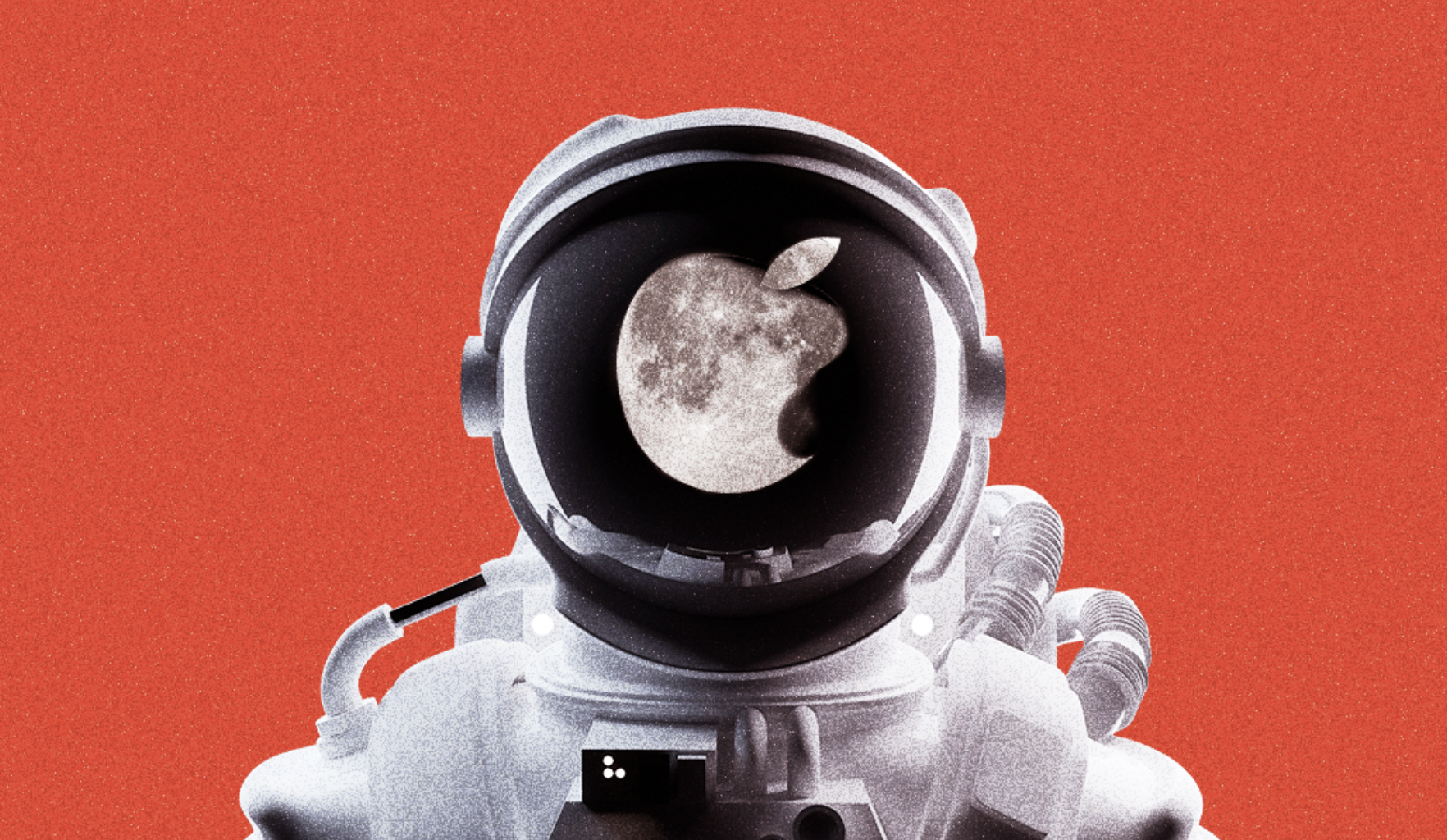


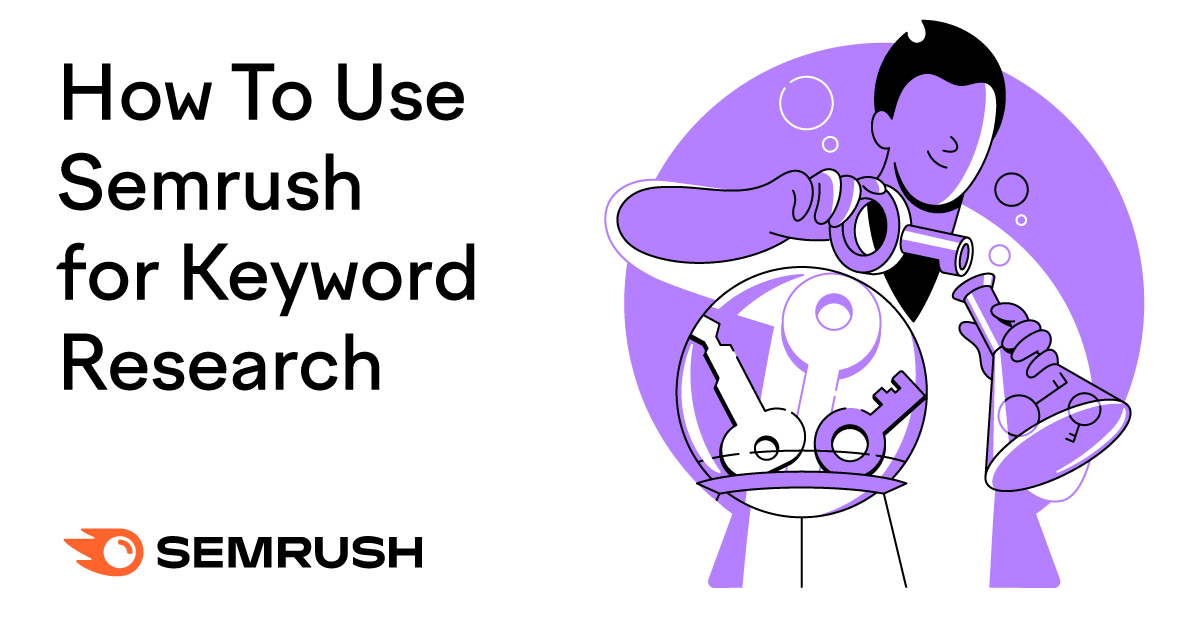
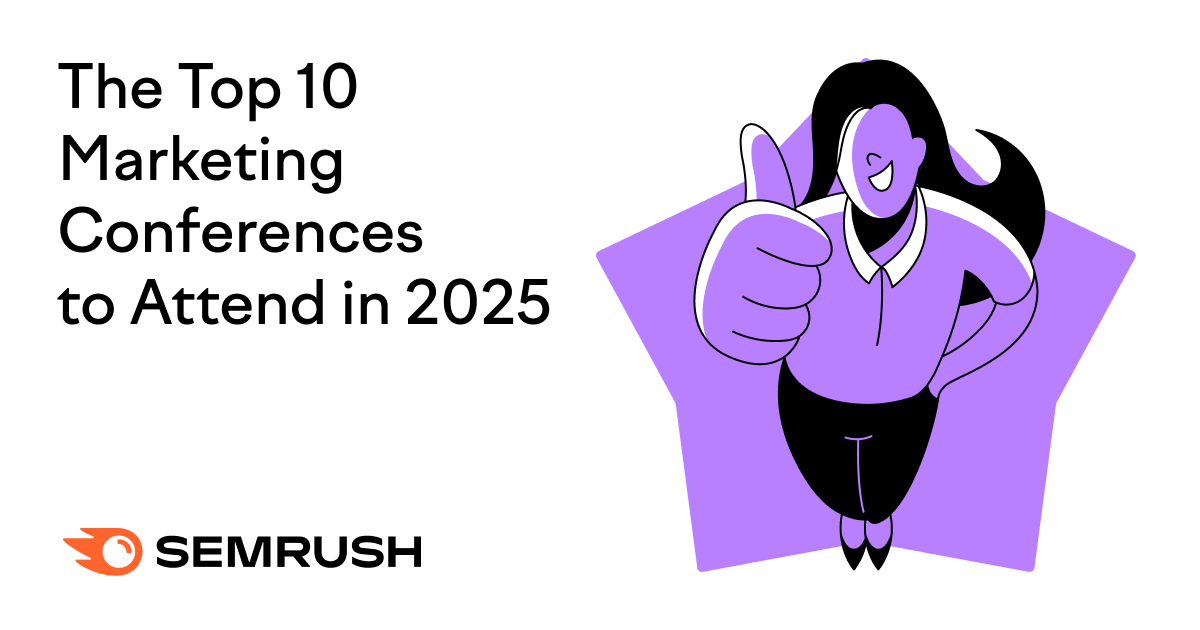










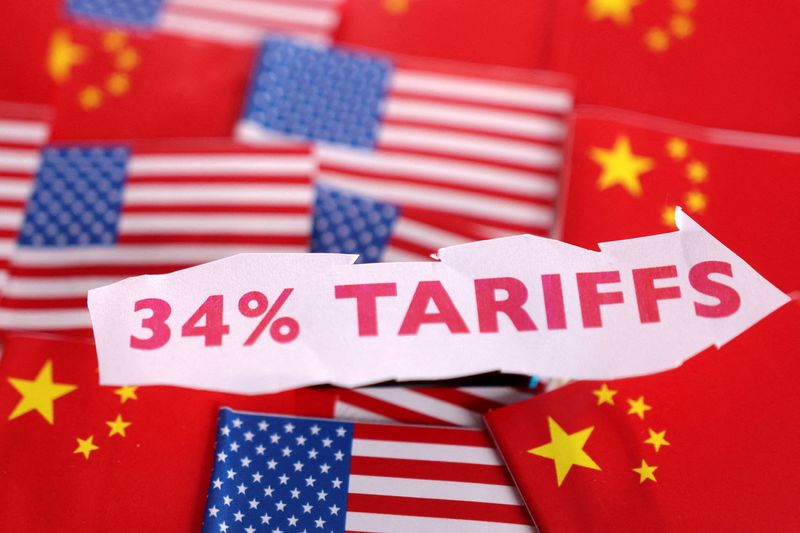
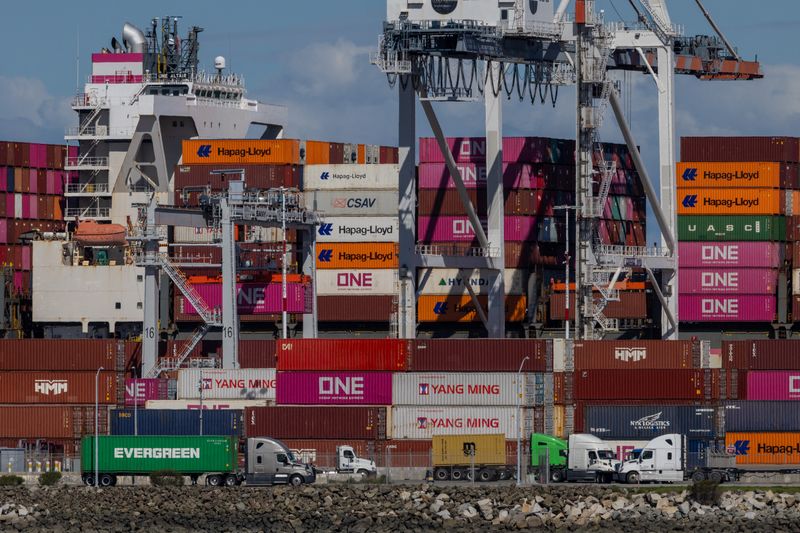
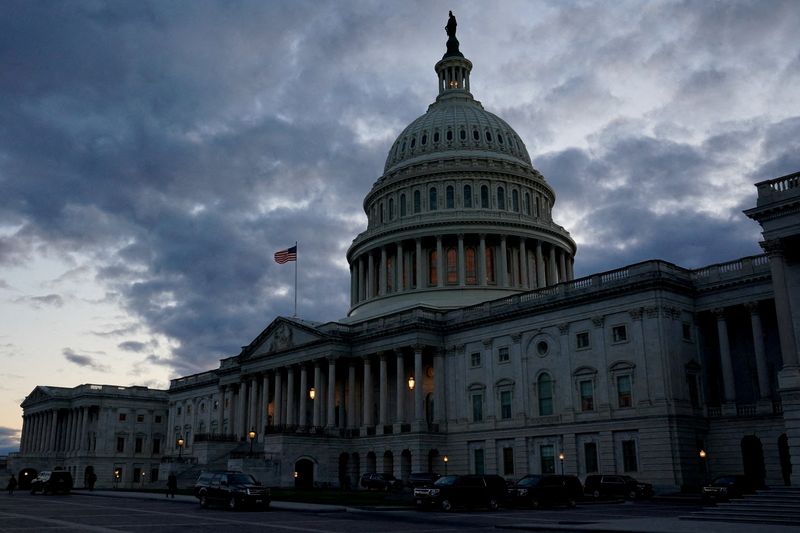
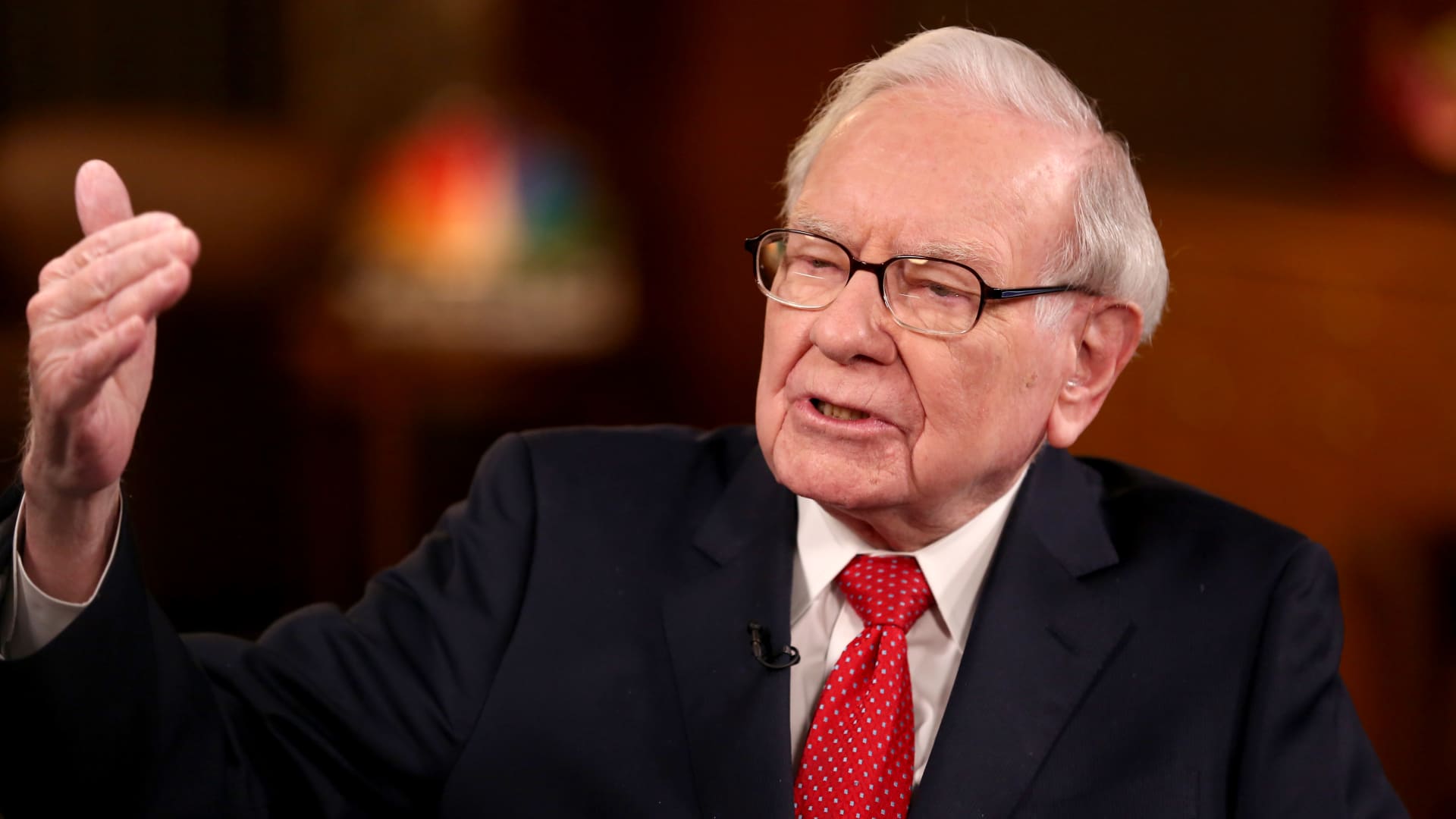















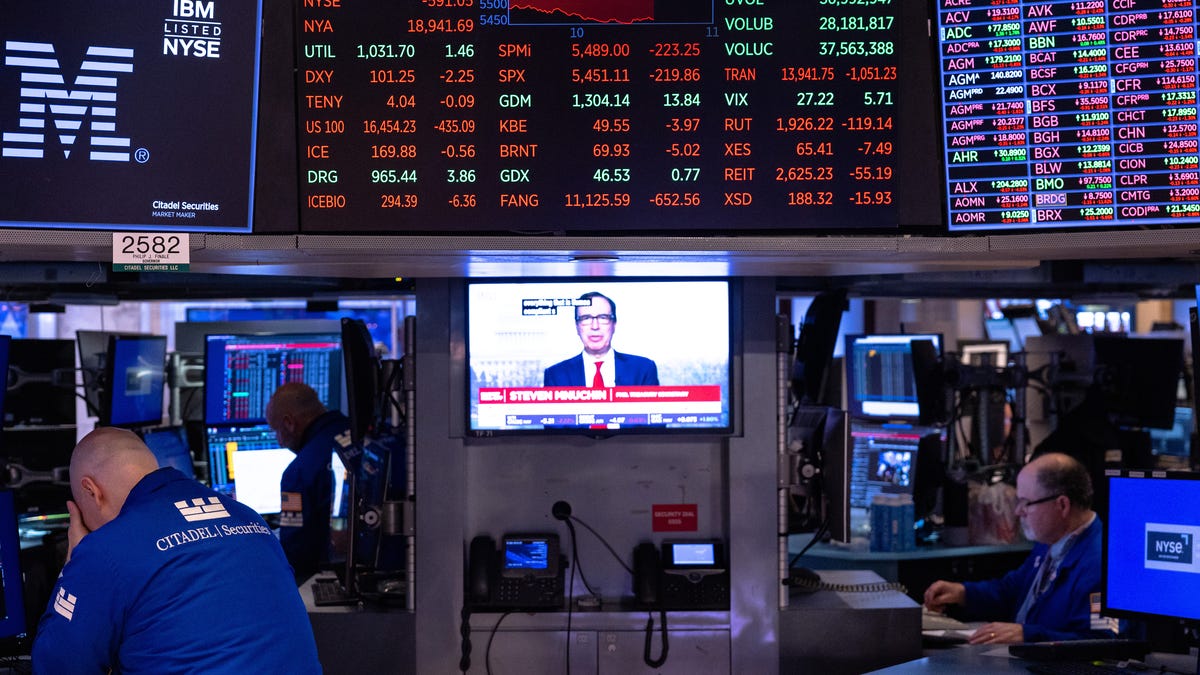





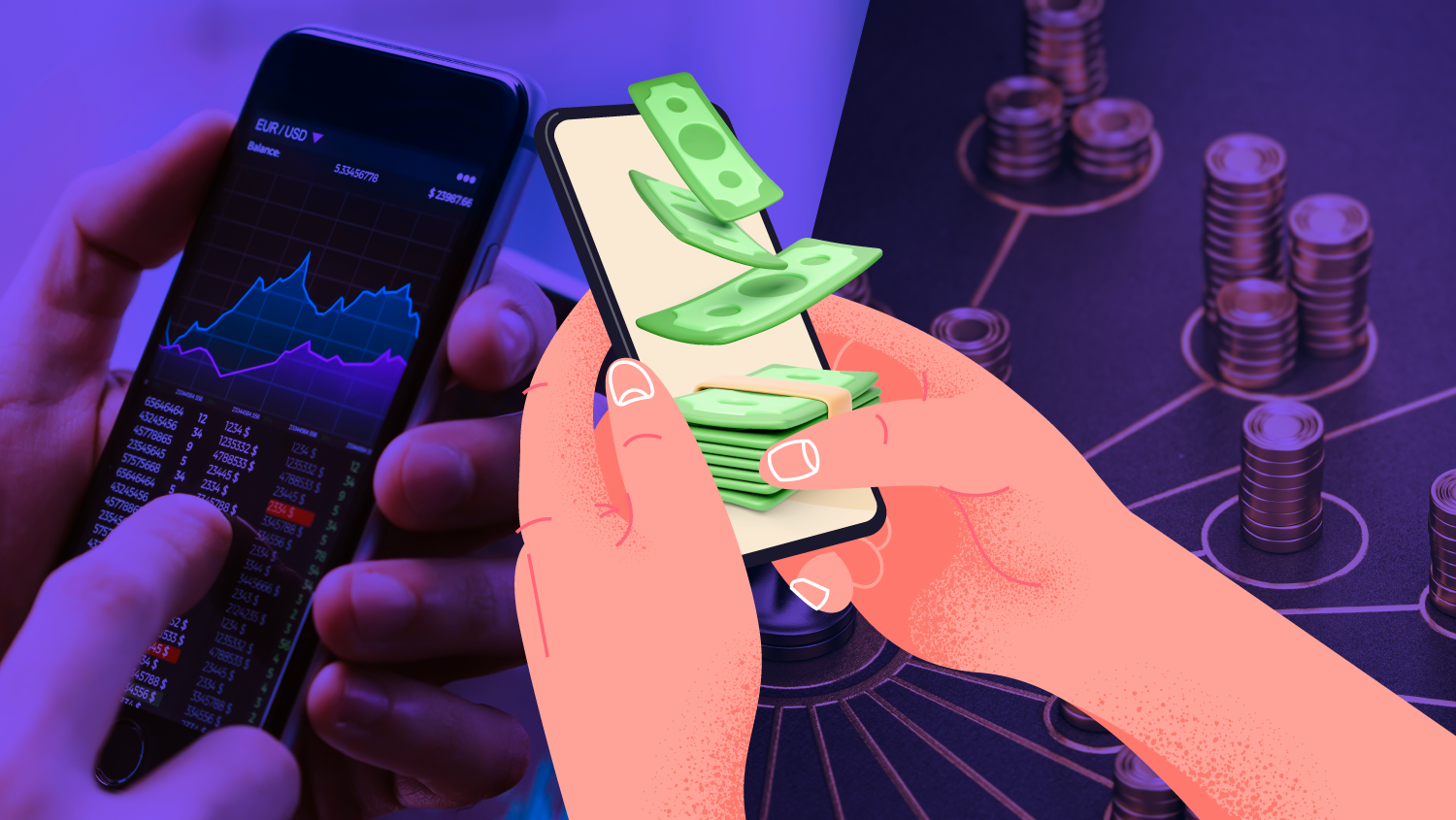
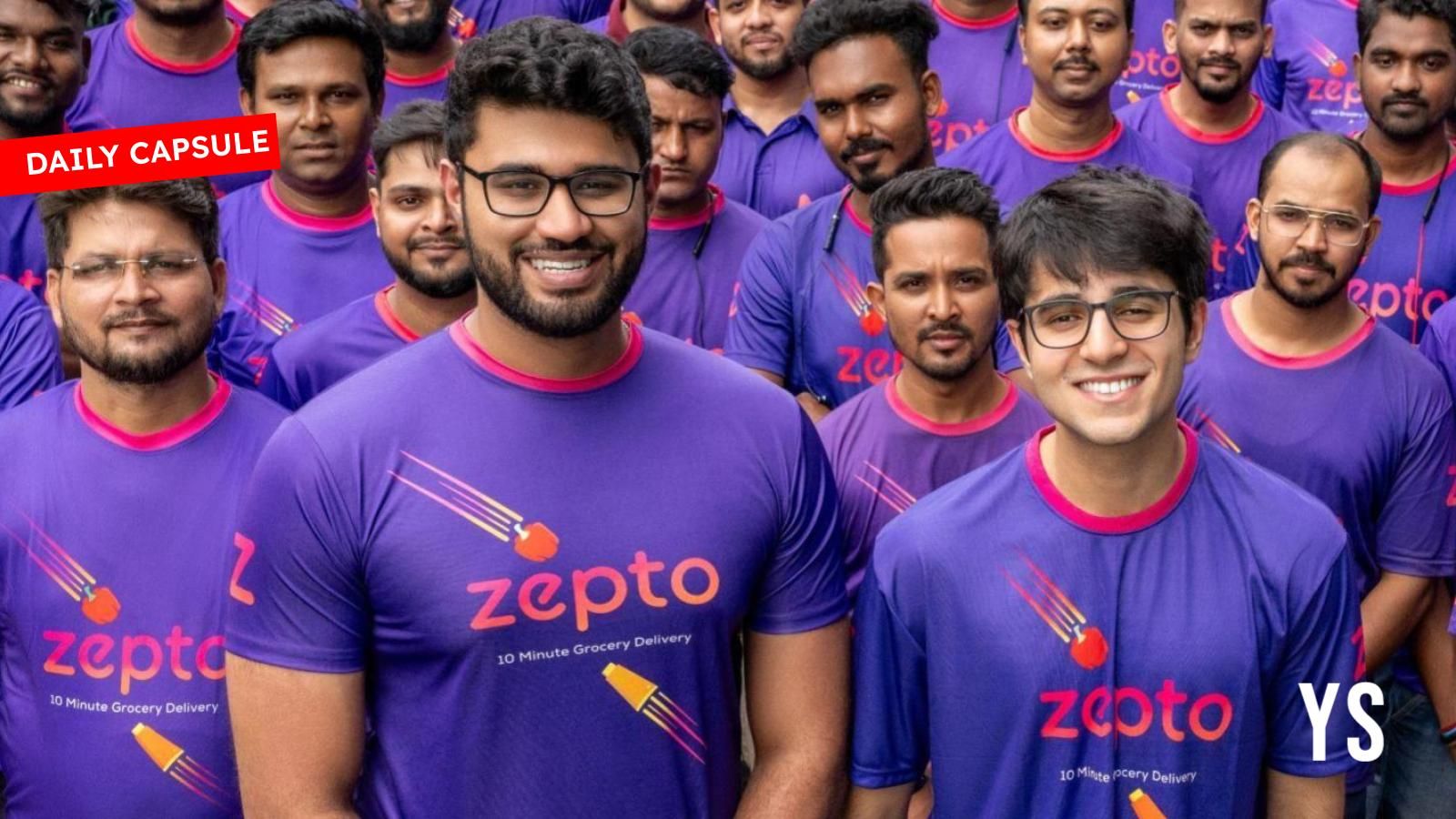




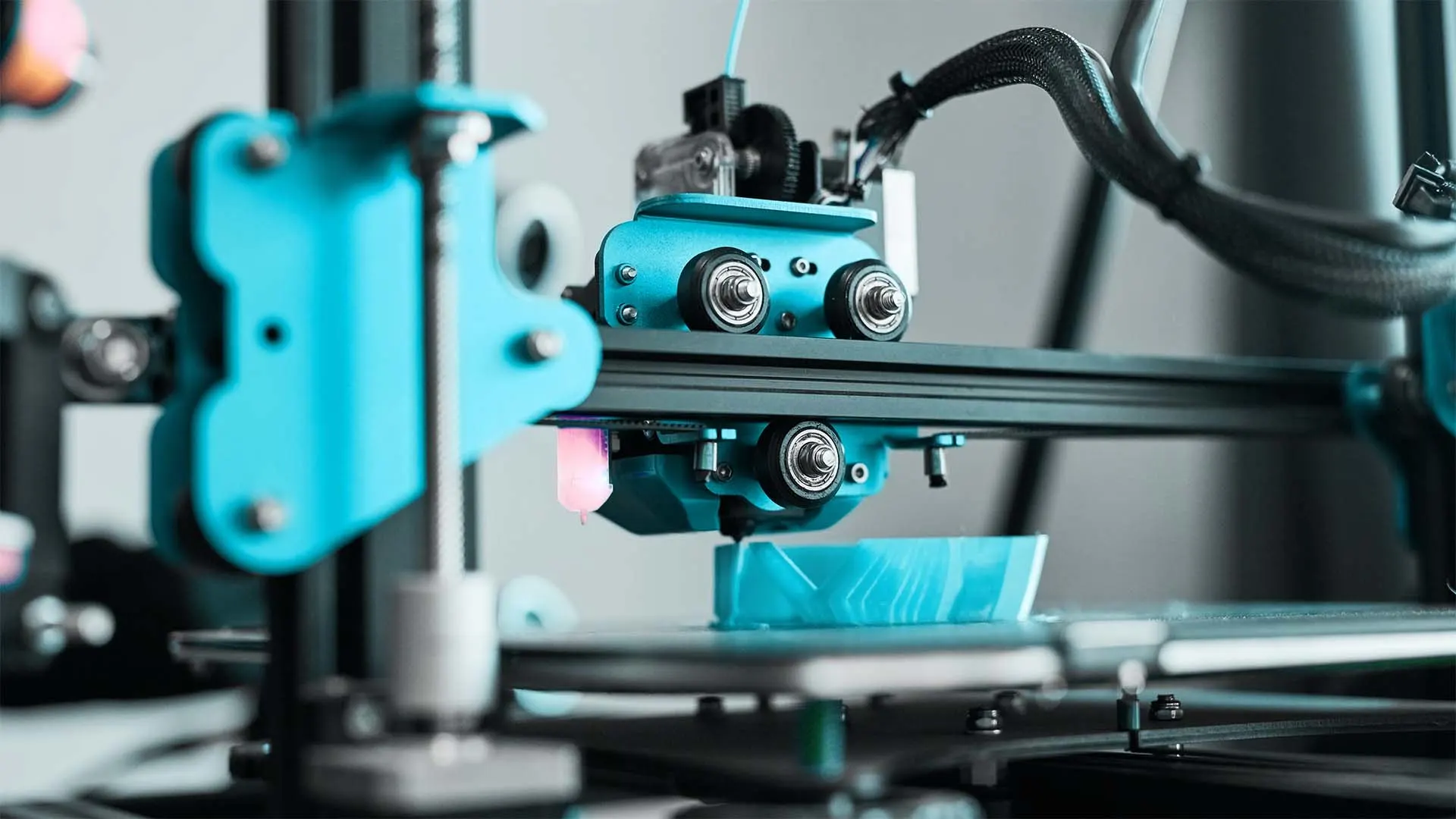
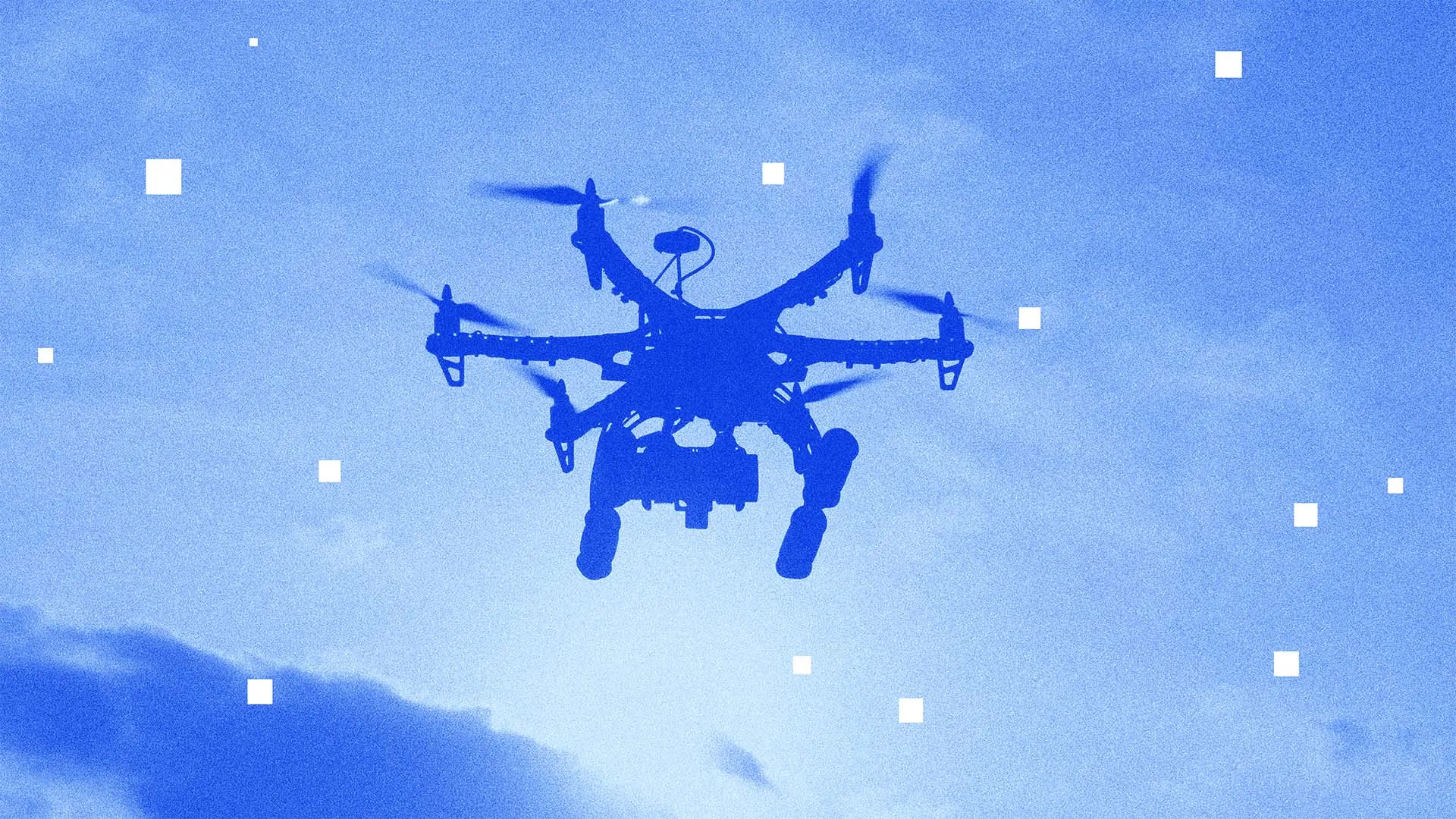
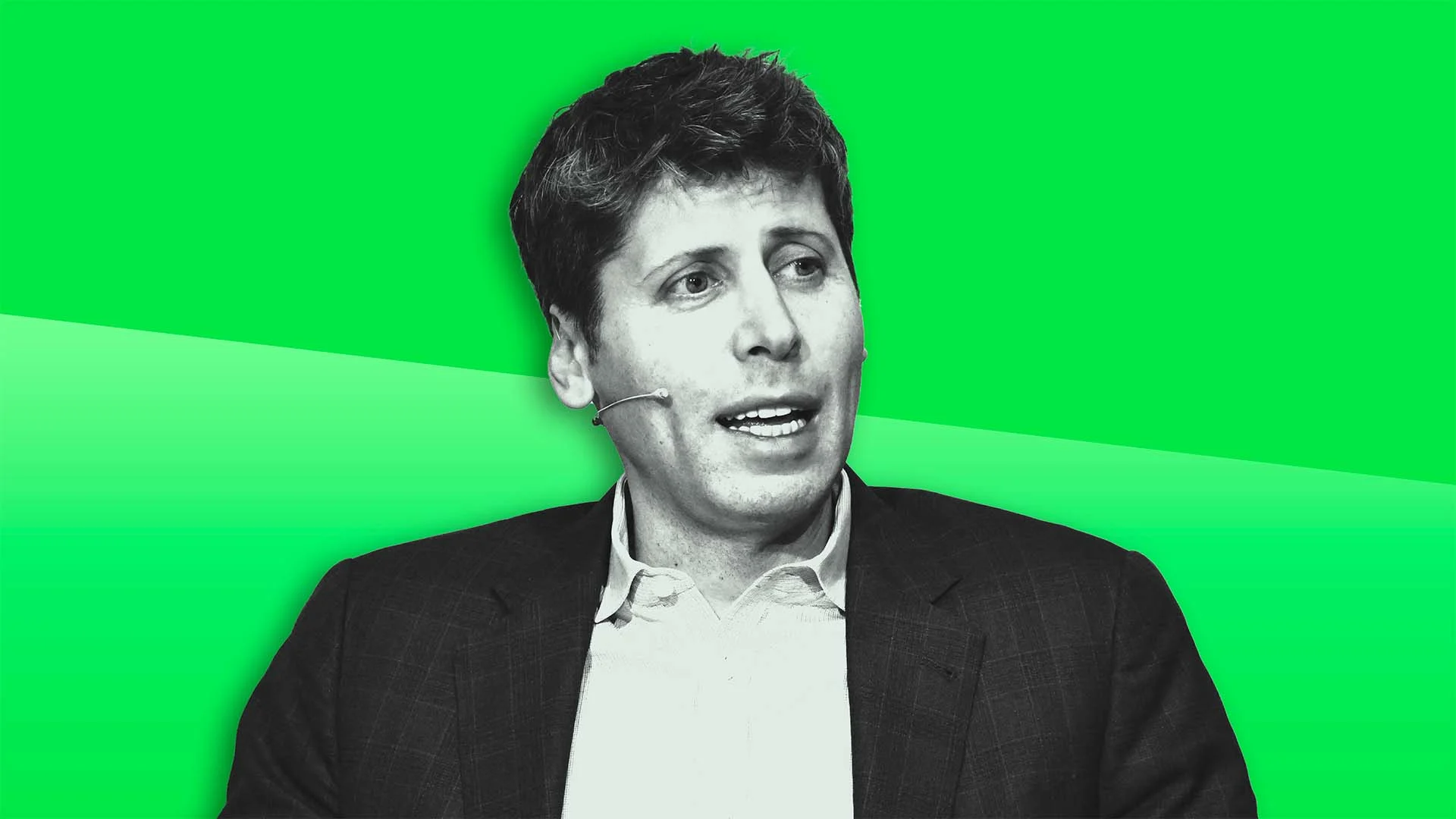
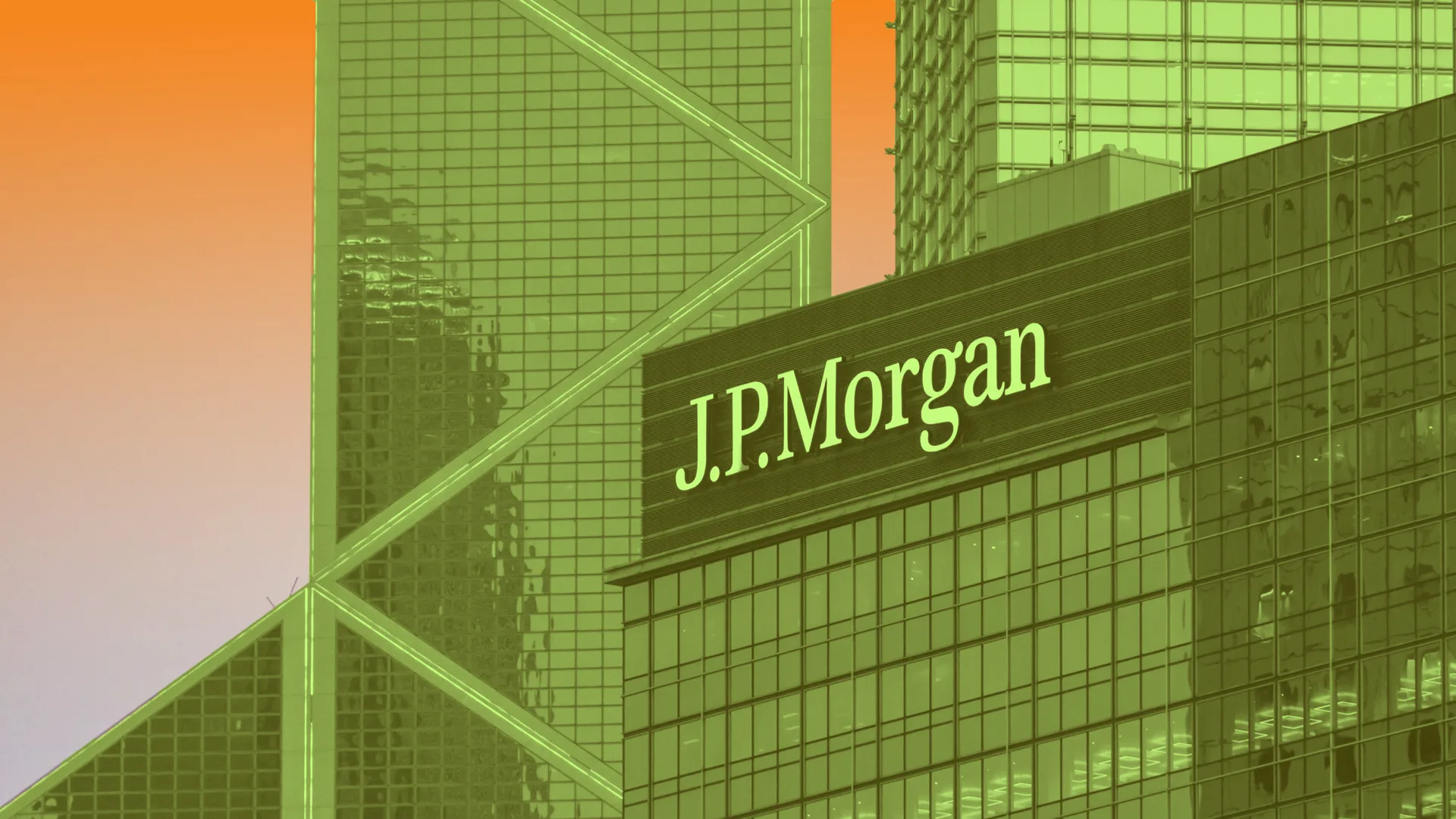
















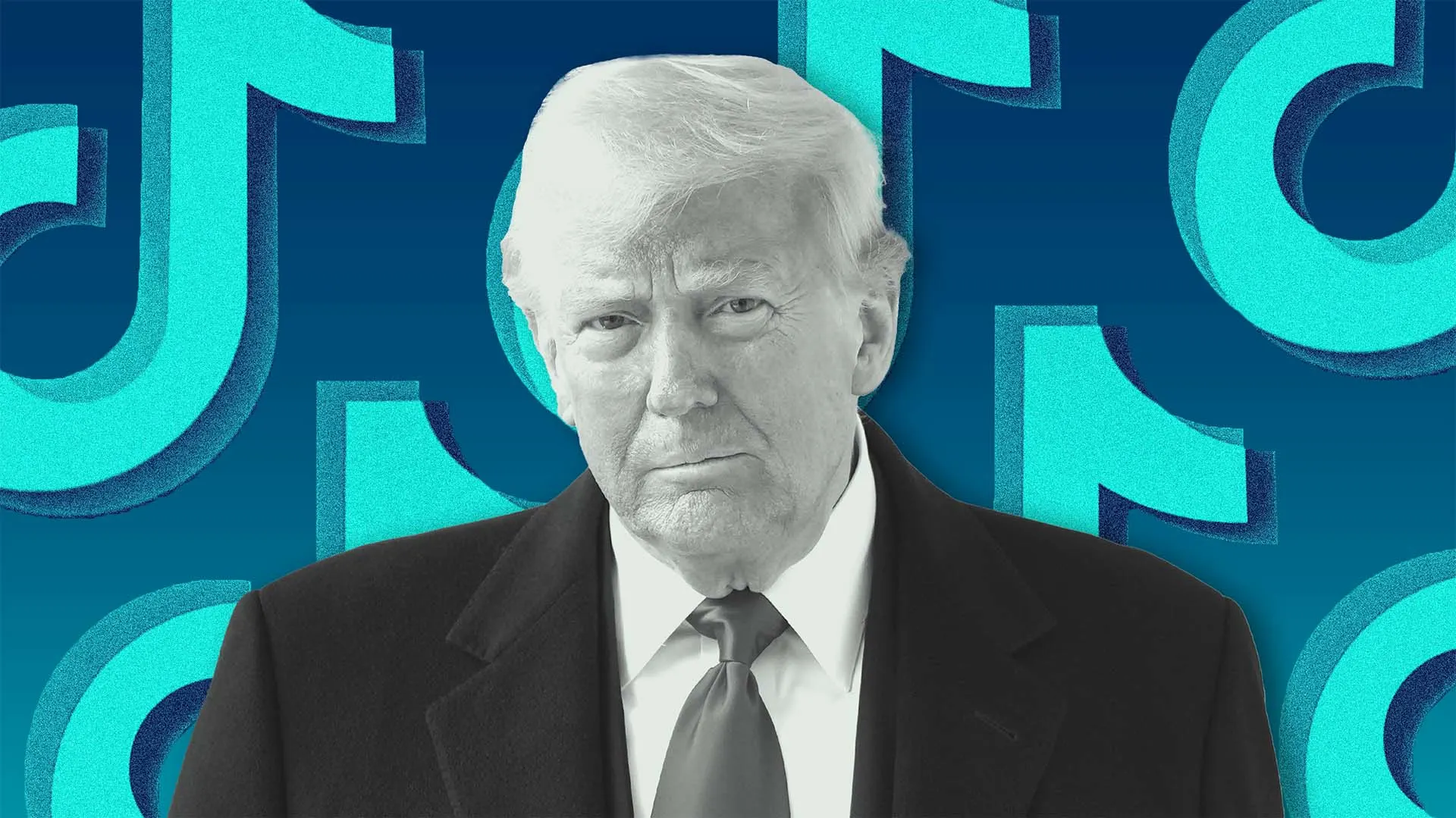












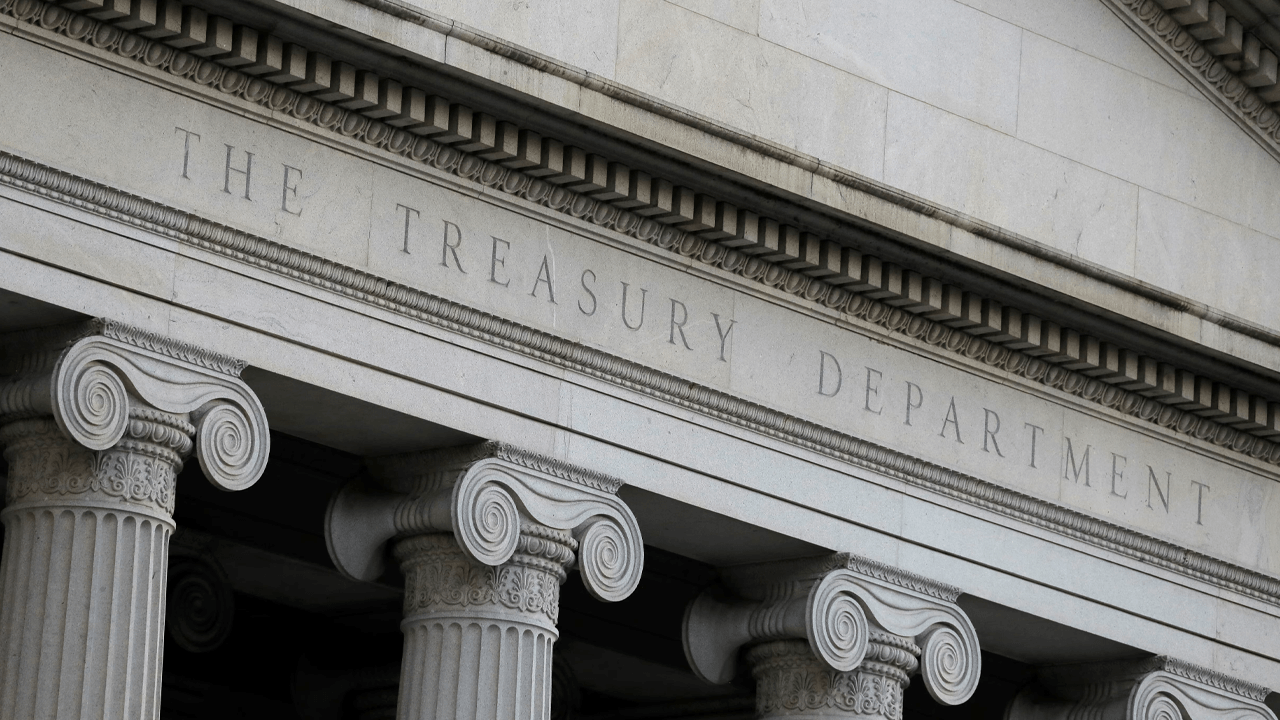



















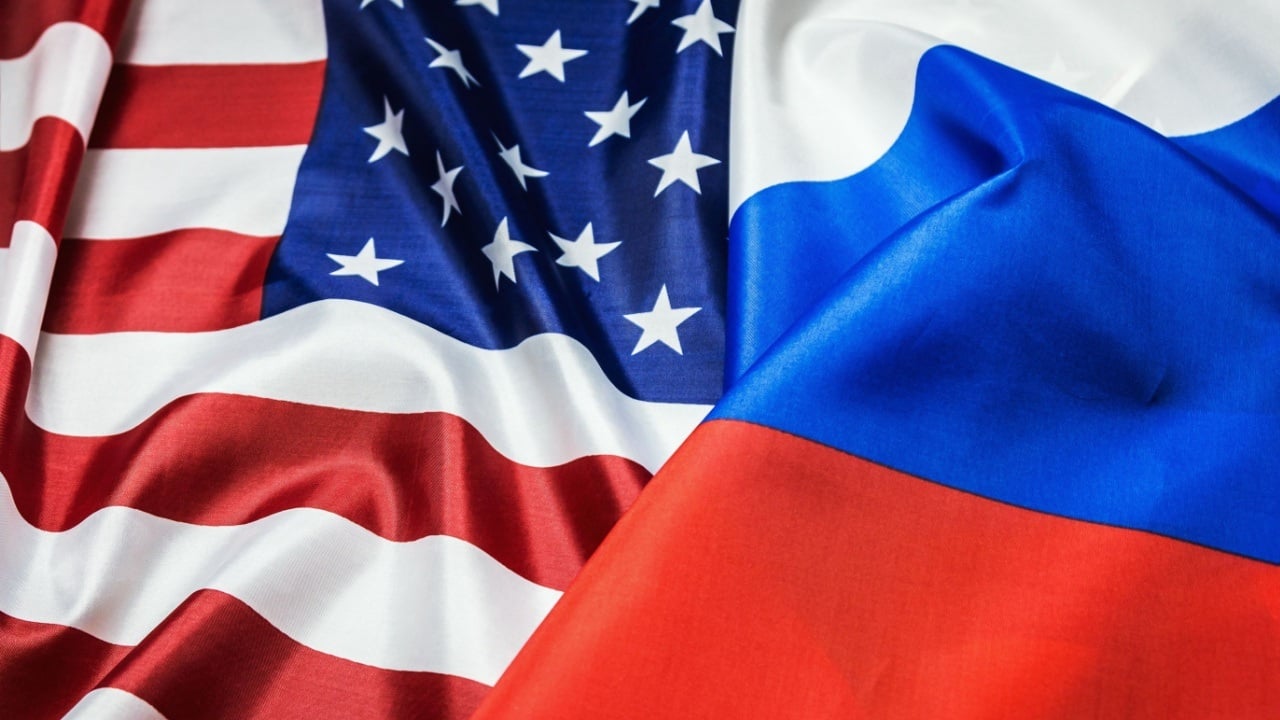

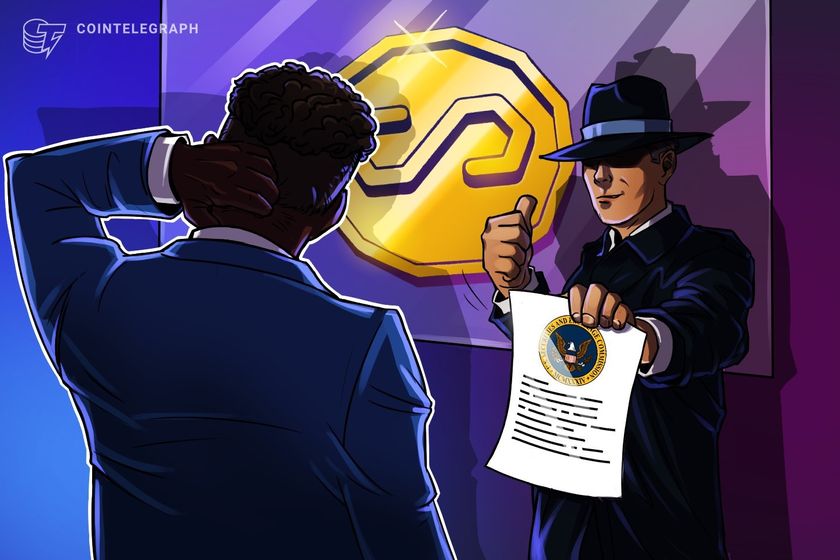


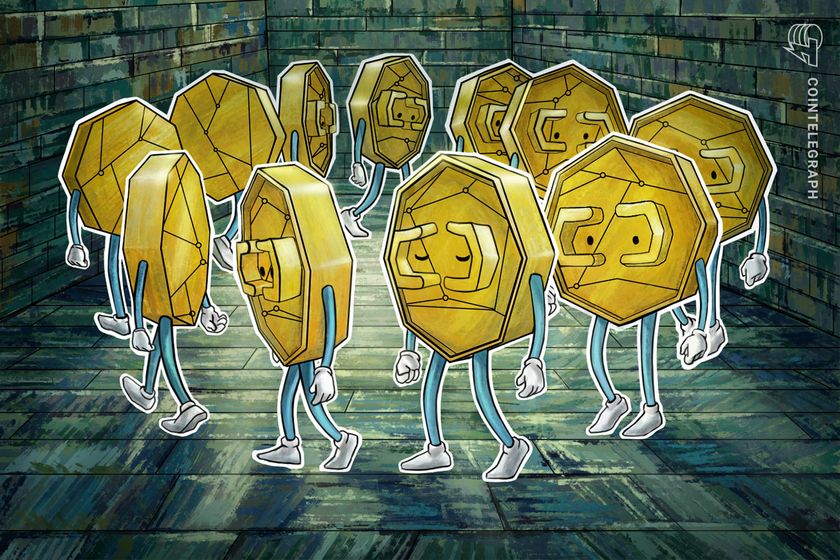




















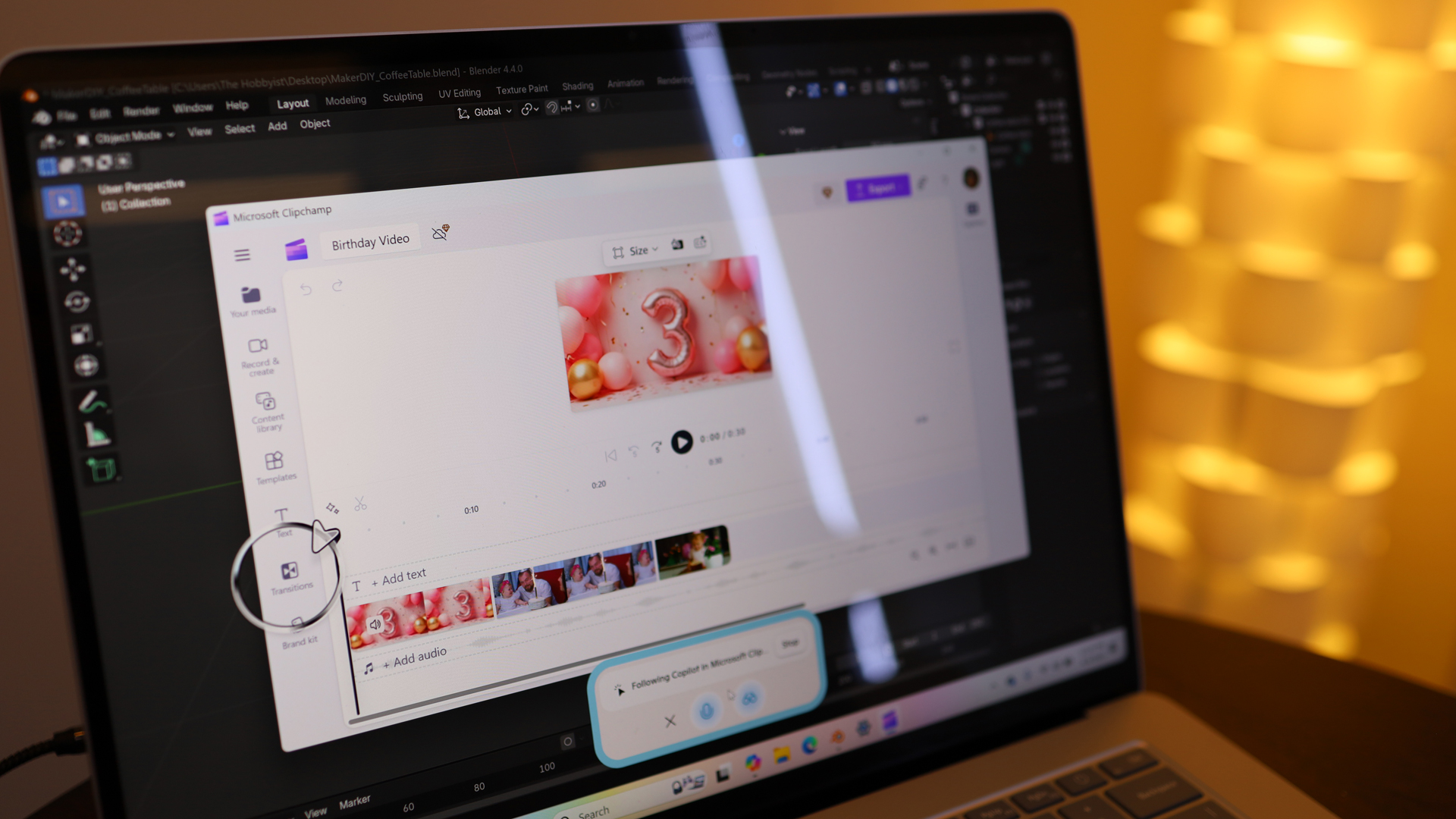






































.jpg)
%20Abstract%20Background%20112024%20SOURCE%20Amazon.jpg)









